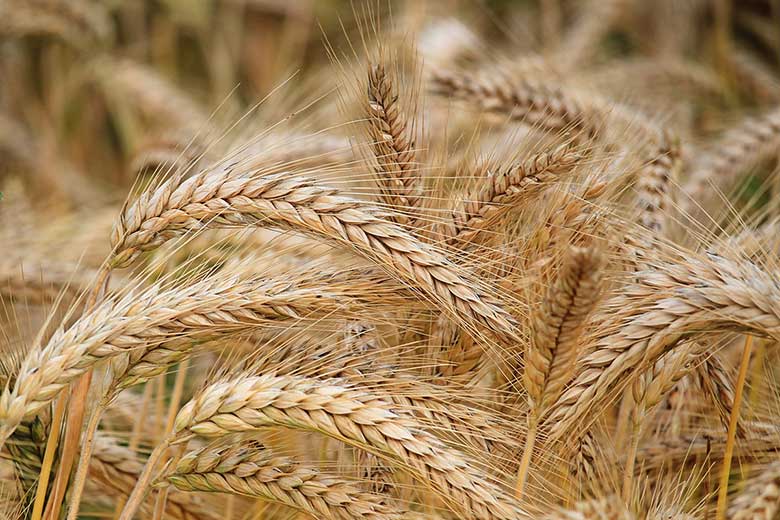Climate change is not only transforming landscapes and ecosystems but also our traditions and everyday pleasures. Among them, beer —one of the world’s oldest and most popular beverages—is facing serious threats due to the impacts of global warming. This Befree blog explores how climate change is affecting beer’s essential ingredients, such as hops, barley, and water, and what we can do to mitigate these effects.
Hops and Barley: Ingredients Under Pressure
Beer production depends on key ingredients: hops, which provide aroma and bitterness, and barley, used to make malts. Both crops are vulnerable to the extreme weather conditions that are becoming increasingly common.
For hops, higher temperatures are causing premature ripening, approximately 20 days earlier than usual. This reduces the alpha acid content—compounds responsible for the beer’s characteristic bitterness and aroma. According to recent studies, this decline can reach 0.6% annually, compromising both quality and production. Countries like the United States, Germany, and the Czech Republic, leaders in hop cultivation, are already experiencing the adverse effects of these changes.
Barley, on the other hand, is particularly sensitive to heat stress. In Spain, the world’s sixth-largest producer, heatwaves and droughts are affecting the quality and quantity of harvests. If the plant blooms too early or too late due to climate variations, it fails to develop adequate seeds, resulting in lower malt production. This not only threatens the brewing industry but also farmers, who face significant economic losses.
Water: An Essential Resource at Risk
Climate change also impacts on the availability and quality of water, another critical component in beer production. Prolonged droughts limit irrigation for crops like hops and barley, while more intense storms can physically damage plantations and contaminate water sources with sediments and pollutants. Additionally, rising temperatures encourage the proliferation of microorganisms and algae, further deteriorating water quality.
These issues drive up production costs, as water treatment becomes more complex and expensive to ensure its purity. Water quality is crucial not only for the brewing process but also for the final flavor of the beer. Any changes in its composition can alter the product’s sensory characteristics, affecting the consumer experience.
Solutions for Sustainable Beer
Considering these challenges, measures are essential to ensure the survival of the brewing industry. Some strategies include:
- Developing resilient varieties: Using technologies like CRISPR, it is possible to create strains of hops and barley that can withstand extreme temperatures and prolonged droughts.
- Sustainable farming practices: Techniques such as crop rotation, optimized water use, and soil conservation can enhance the resilience of plantations.
- Crop relocation: Moving fields to regions with more favorable climatic conditions could be a viable long-term solution.
- Reducing emissions: The brewing industry can adopt renewable energy and optimize processes to lower its carbon footprint.
- Carbon sequestration: Strategies like reforestation and agricultural techniques that increase carbon capture can significantly contribute to combating climate change.
An Uncertain Future but Full of Possibilities
Although the outlook is challenging, we have the tools and knowledge to tackle this crisis. Adopting sustainable practices and supporting research to develop more resilient crop varieties are essential steps to ensure that beer remains a beloved beverage. It’s time to act—after all, protecting this iconic drink also means safeguarding the balance of our planet.






